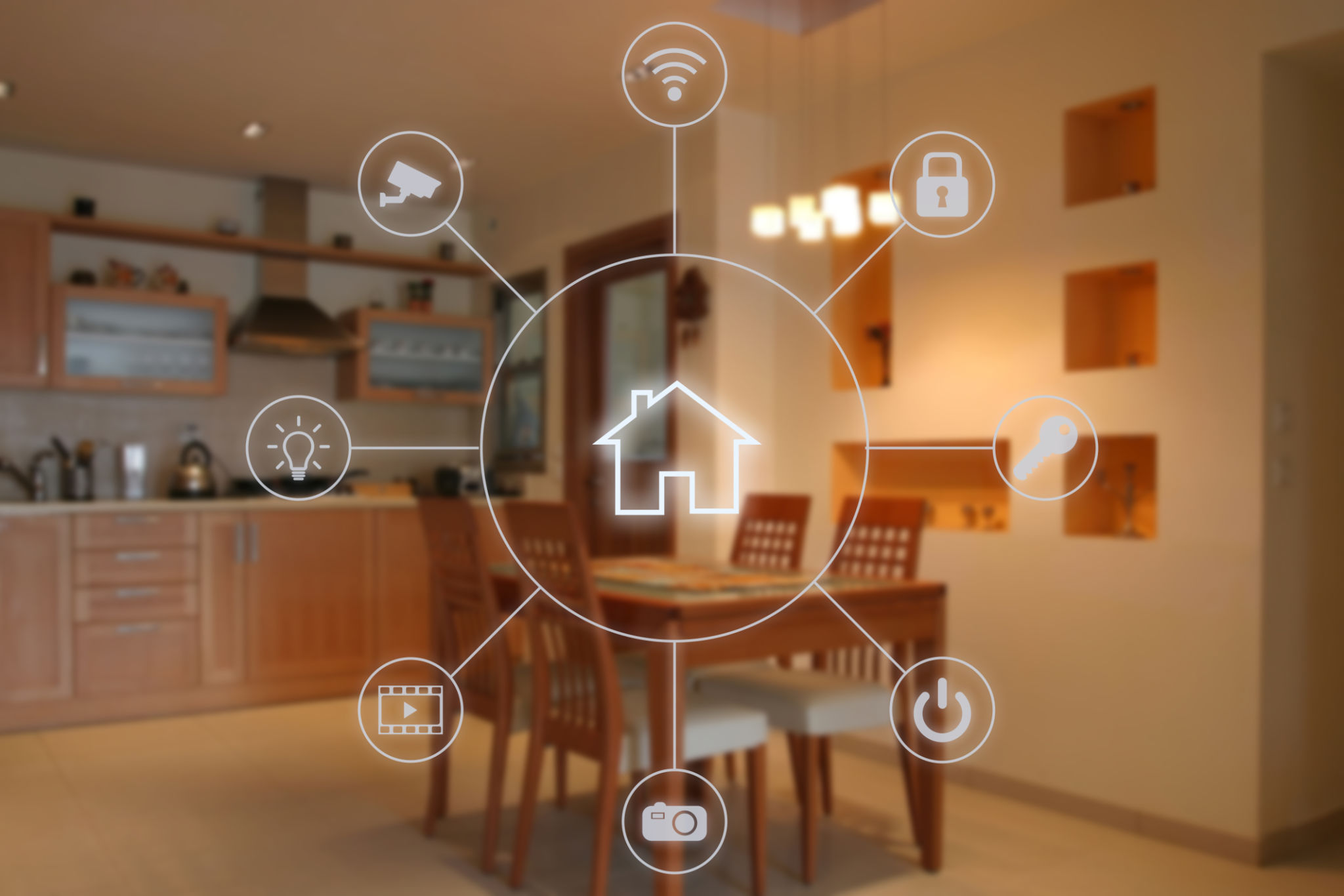How to Prepare Your Melbourne Home for an Energy Audit
Understanding the Importance of an Energy Audit
An energy audit is a crucial step in making your Melbourne home more energy-efficient. By assessing how much energy your home consumes and identifying ways to reduce wastage, you can save money on utility bills and contribute to environmental sustainability. Preparing for an energy audit can maximize its effectiveness, ensuring that every aspect of your home is thoroughly examined.

Gather Your Utility Bills
Before the audit, it's important to collect your utility bills from at least the past 12 months. These documents provide a clear picture of your energy consumption patterns and help the auditor pinpoint any anomalies or spikes in usage. Keep these records organized and accessible for easy reference during the audit.
Why Utility Bills Matter
Utility bills not only show your energy usage but also indicate seasonal variations or unusual increases in consumption. By reviewing these bills, auditors can better understand your home's energy dynamics and suggest tailored solutions to improve efficiency.
Ensure Accessibility to Key Areas
To facilitate a comprehensive assessment, make sure all areas of your home are accessible to the auditor. This includes the attic, basement, crawl spaces, and any other areas where energy loss might occur. Clear away any clutter or obstacles that could hinder the auditor's ability to inspect these spaces thoroughly.

Preparing Specific Areas
Focus on areas like windows, doors, and insulation, as they are common sources of energy loss. Ensure that these areas are easily reachable and free from obstructions. This preparation can significantly enhance the quality of the audit findings.
Compile a List of Home Improvements
If you've recently made any changes or improvements to your home, such as installing new windows or upgrading insulation, make a list of these modifications. Sharing this information with the auditor will provide context and help them understand the current state of your home's energy efficiency.
The Impact of Recent Upgrades
Recent upgrades can have a significant impact on energy consumption. By documenting these changes, you ensure that the auditor has a complete picture of your home's energy landscape, leading to more precise recommendations.

Consider Behavioral Factors
Your habits and lifestyle choices also affect energy consumption. Take note of how often you use heating or cooling systems, whether lights are left on unnecessarily, or if appliances are often in standby mode. Understanding these behavioral factors can help identify simple yet effective changes to reduce energy use.
Discussing Habits with the Auditor
During the audit, be open about your daily routines and energy usage habits. This transparency allows the auditor to offer personalized advice that aligns with your lifestyle, making it easier for you to adopt energy-saving practices.
Prepare Yourself for Recommendations
Once the audit is complete, be prepared to receive a range of recommendations. Some solutions may involve simple behavioral changes, while others could require investing in new technologies or renovations. Approach these suggestions with an open mind and consider the long-term benefits of increased energy efficiency.
By following these steps, you'll be well-prepared for an energy audit that can lead to significant savings and a more sustainable home environment. Embrace the opportunity to enhance your home's energy efficiency and contribute to a greener Melbourne.